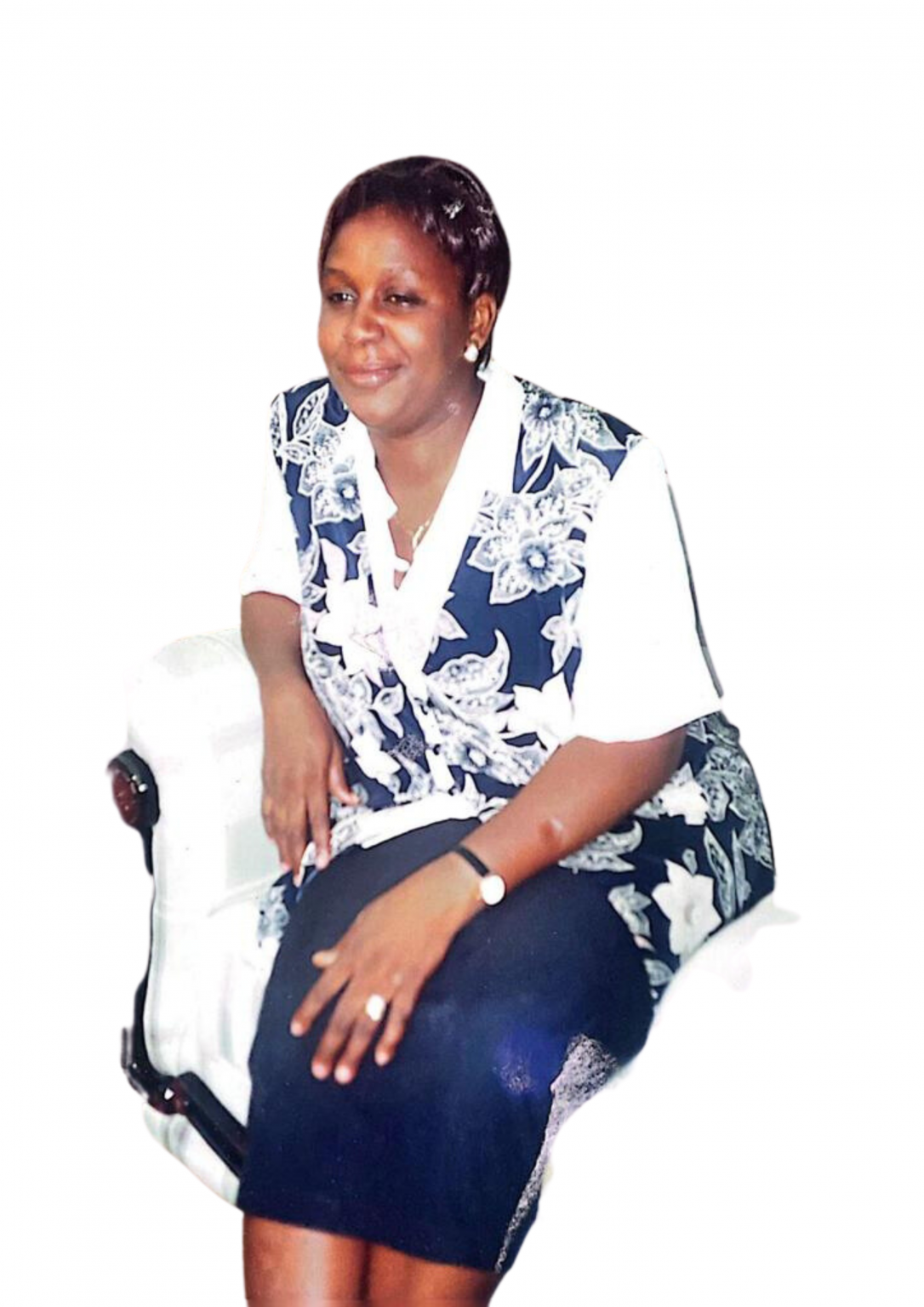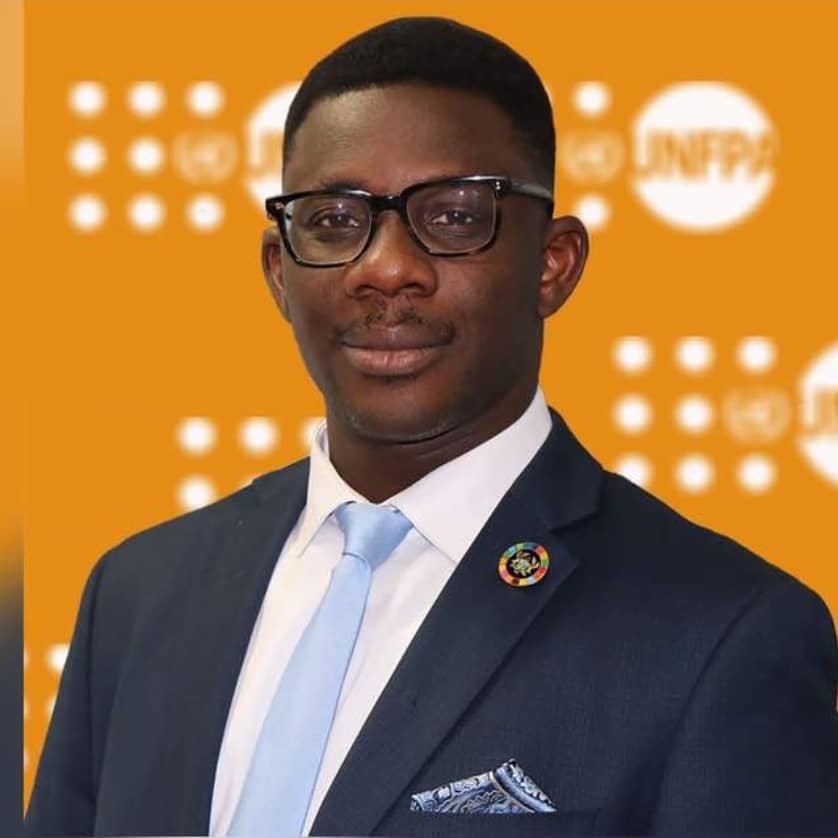...To get all news updates, Join our WhatsApp Group (Click Here)
Also Join our WhatsApp Channel (Click Here)
BY: Niyi Ojuolape
Cherished remembrance of my Sister. Her name is Funmilayo Sanusi, nee Adeniran. She would have been 58 today, 30th October.
October, for me, carries profound significance, extending beyond personal milestones. It stands as a month of remembrance, where the threads of joy and sorrow are intricately woven. It’s the month that cradles not only my own birthday but also that of my late mother and dearest sister, Olufunmilayo.
These two remarkable women, though sometimes at odds, etched indelible imprints on my soul.
The objective of this piece is to pay a more than deserved tribute to a remarkable woman whose life was a living embodiment of virtue. Funmilayo Sanusi, known for her roles as a sister, daughter, mother, aunt, and mentor, transcended these titles to become a guiding light in the lives of those fortunate enough to know her.
The year 2007 marked a significant turning point when we lost my dearest Sister, in the month of October. She left behind a loving husband and three beautiful daughters. Over the years, these daughters have grown into accomplished young women, with two of them finding love and beginning their own journeys in matrimony.
As a younger sibling, I carry vivid memories of my Sister’s unwavering mentorship and deep affection. She was not only my sister but also a source of wisdom and support during the tumultuous years of youth. Her patience and tolerance for my youthful exuberance were boundless.

The chapter of her life that began with marriage might have seemed like a transition to an unknown world, but in her husband, we discovered a true gentleman, a man of unparalleled humility and grace. It will not be an exaggeration to testify of Brother Fatai as the most gentlemanly homo sapien I know. This gentleness and kindness have remained steadfast even in the face of her untimely departure.
October!!! Because it is the month of my birthday, no one ever realizes the struggle I go through during this period. October 30 is my late Mother’s birthday and also that of my darling Sister. October is also the month in which the cold hands of death took her away.
They share birthdays. I remember with profound amusement and fondness, how these very lovely and loving beings used to disagree on a lot of things. Both of them were the prime Women I first got to know in life and the fact that they are no more is a burden I carry albeit very calmly and with strength every month of October. It is also the month of birth of my Wife, my first Son, my Mother in law and my Sister in law also. And, that is not all, my eldest Sister (Sister Funke) was also born in October. Sister Funke’s is another completely different story which I will take time to etch on paper soon. Between her and my Mum, I am not sure I have seen any other women with such strength of character, gait, poise, confidence and courage. They have the famed characteristic ‘never say die’ spirit of October borns. No wonder!!!
With this convergence of family celebrations and reflections, October is indeed a month where emotions ebb and flow. So, if there is anything called the month of mixed feelings, this is it for me. I find solace in the enduring memories of these incredible women.
In honoring Sister Funmi and all the October-born women who have touched my life, I acknowledge and recognize the divine order in which their paths intersected with mine, or rather became the predicate of mine. The scripture reminds us to “rejoice always,” and it is with this sentiment that I choose to celebrate their lives, their love, and the profound impact they have left on my heart.
In my role as the Country Representative of UNFPA in Somalia, I find a profound intersection between my work and the legacy of these remarkable women. Just as my dear sister Funmilayo and the strong October-born women in my life exemplified unwavering strength, I am dedicated to advocating for the rights and welfare of women and girls worldwide. Their enduring spirits fuel my commitment to creating a world where every woman and girl can thrive, just as they did in their own unique ways.
The work I do at UNFPA is not just a vocation; it is a tribute to their memory, a dedication to continue the legacy of strength and resilience they embodied.
Shalom! May their memories be a blessing that endures for all time.
Niyi Ojuolape is the Country Representative of UNFPA in Somalia. He carries within him the legacy of these remarkable women, whose spirits continue to inspire him.
You can get every of our news as soon as they drop on WhatsApp ...To get all news updates, Join our WhatsApp Group (Click Here)
Also Join our WhatsApp Channel (Click Here)

















